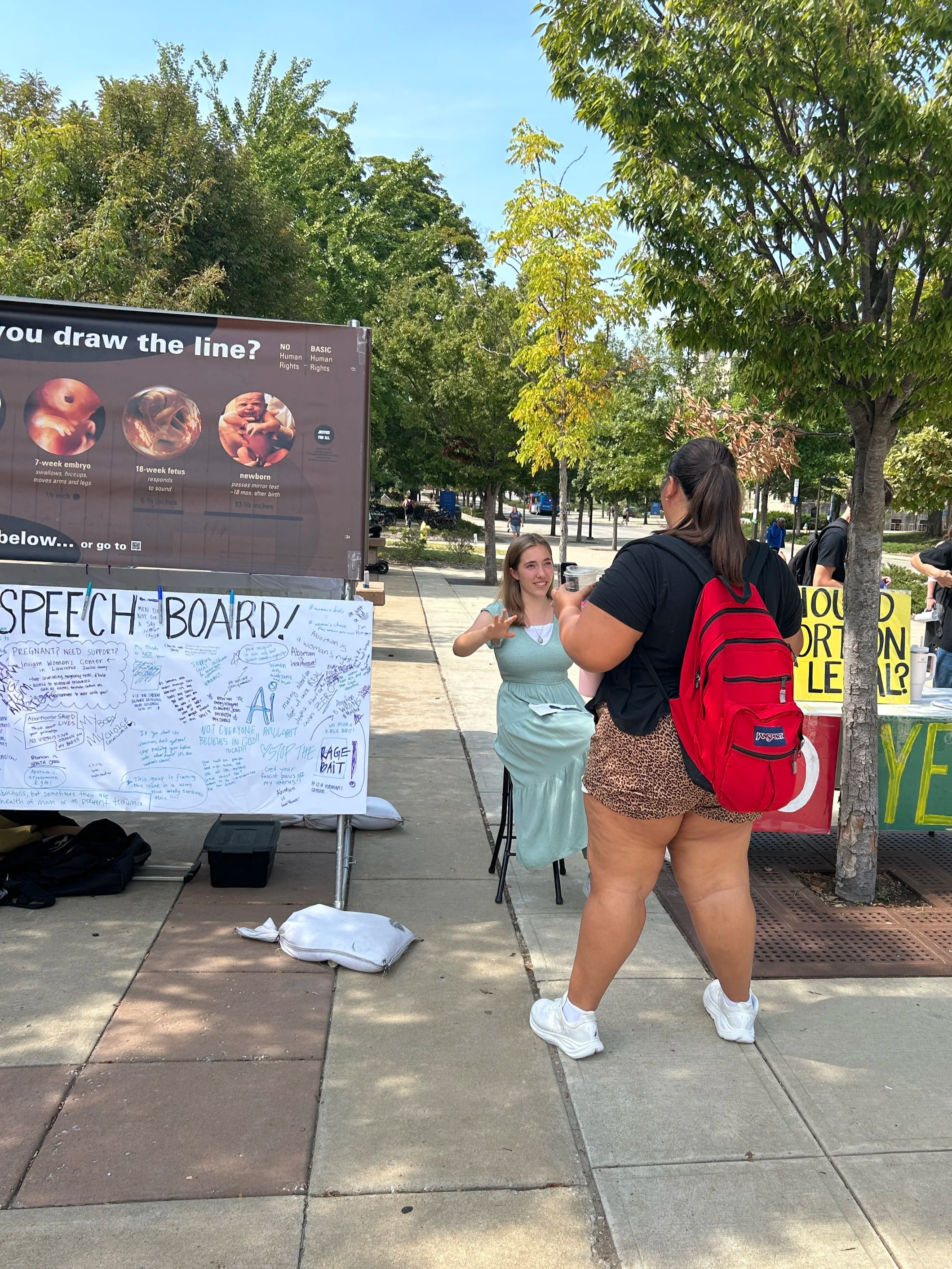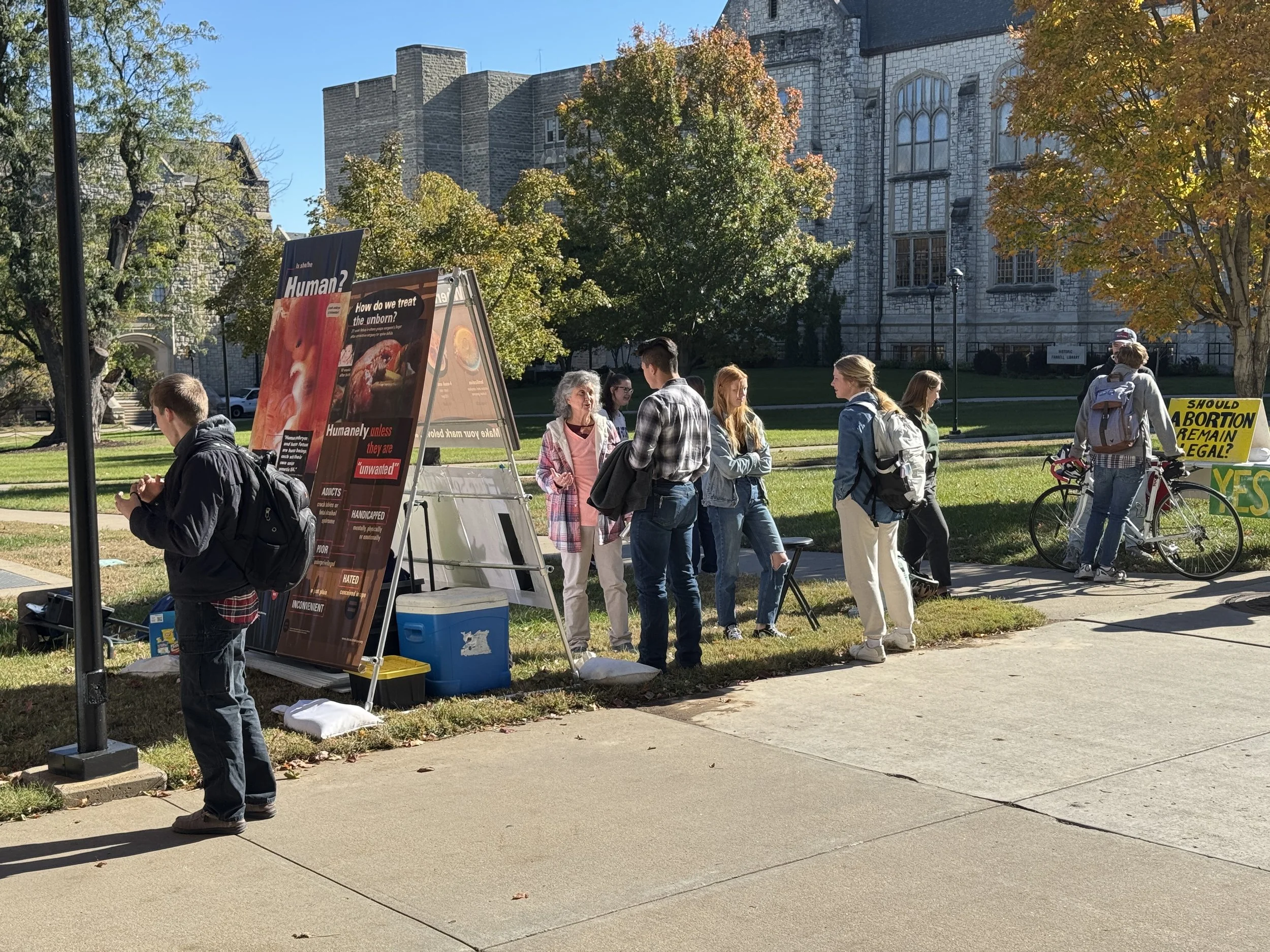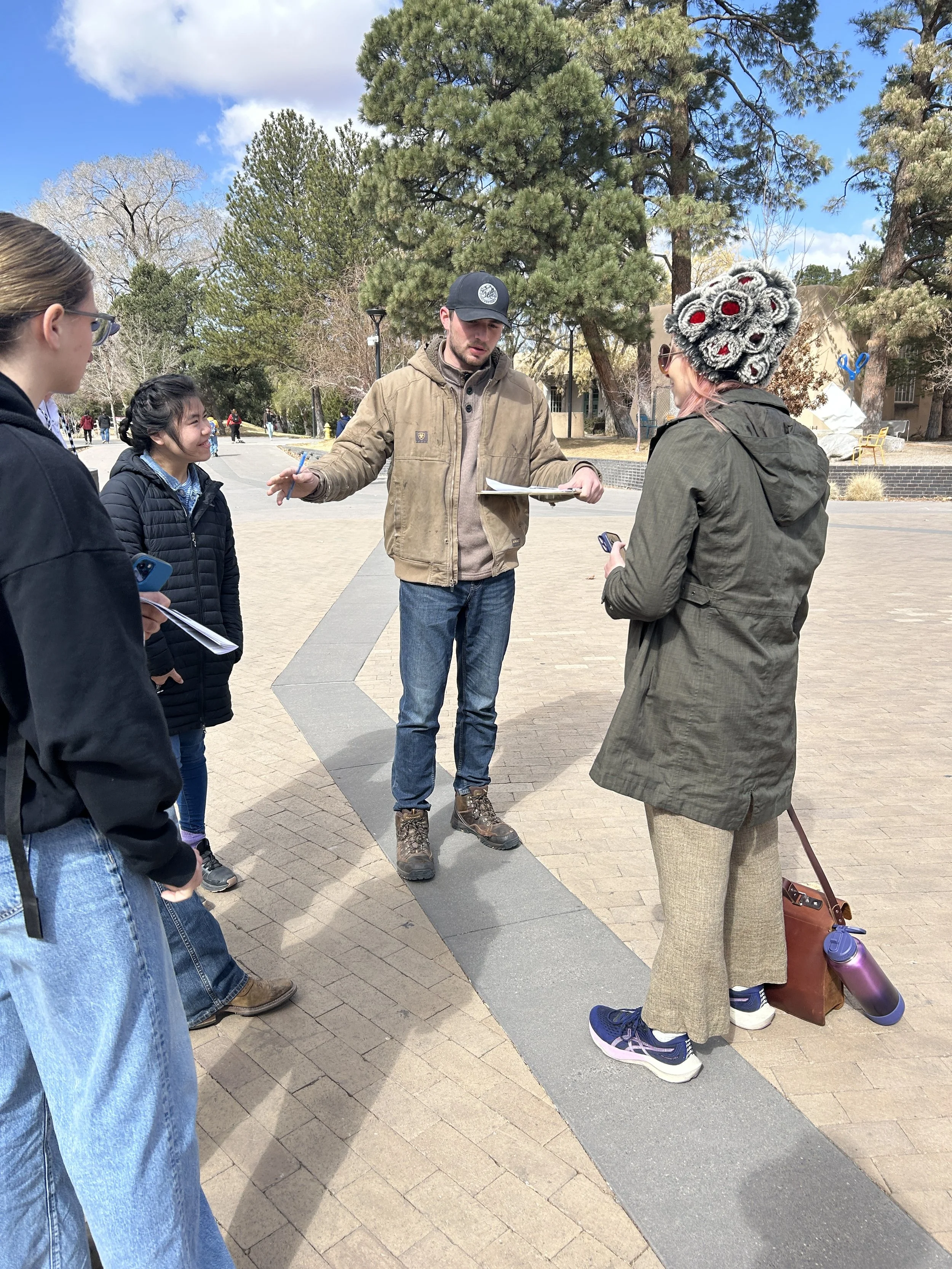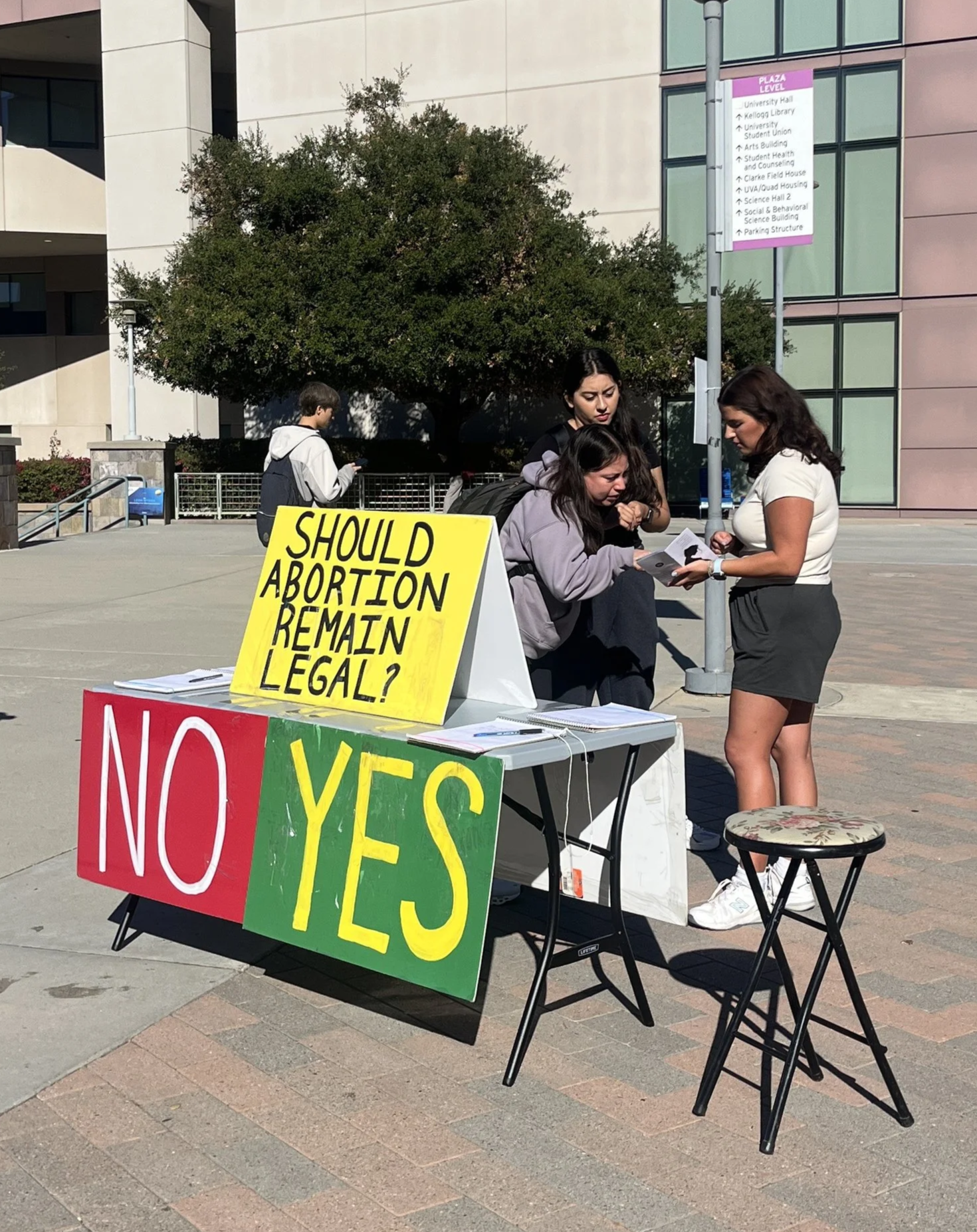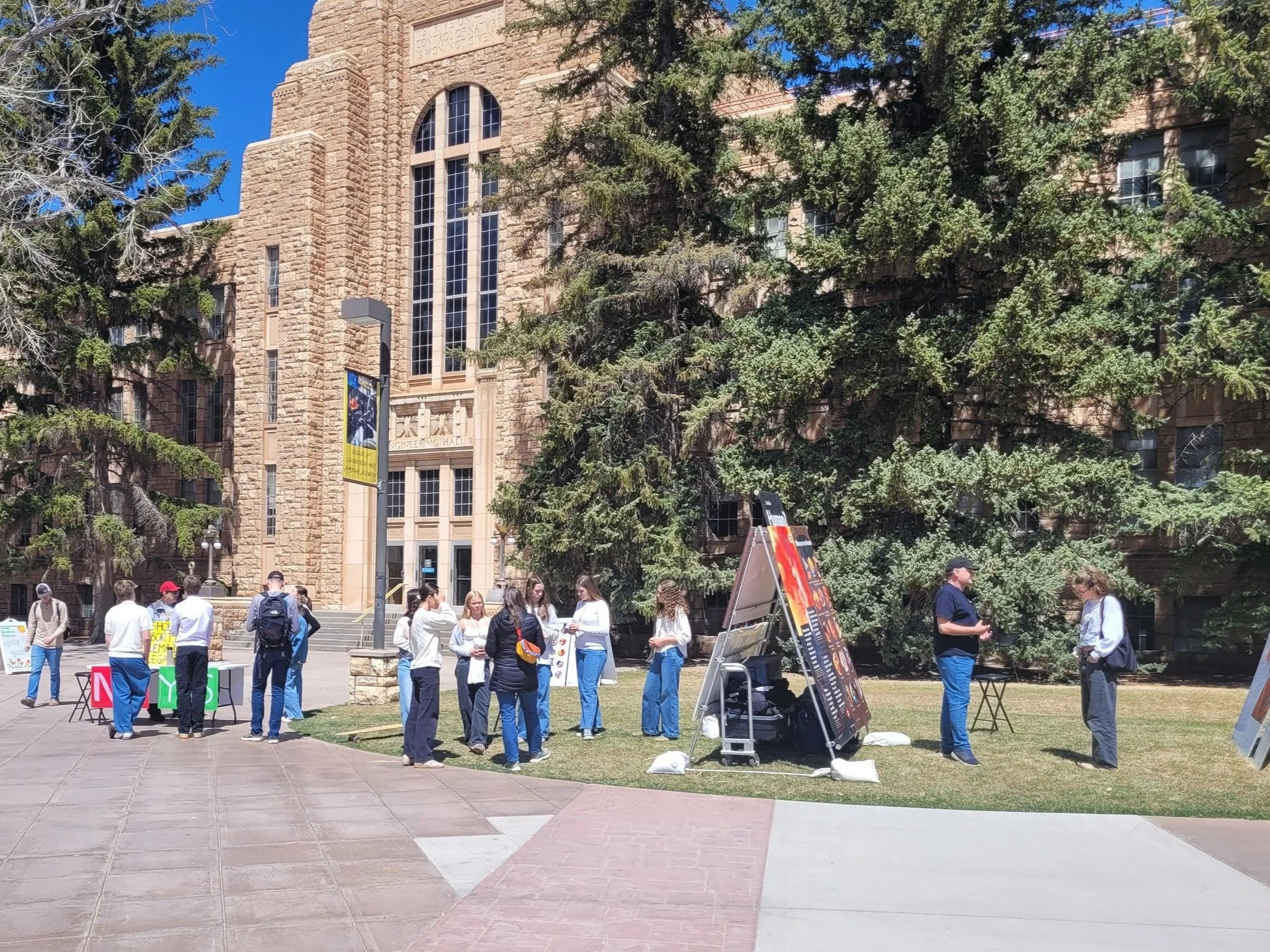In this Dialogue Example, Jeremy Gorr shares the strategy he uses in many of his conversations to help people see more clearly the problems with arguments that divide the human community based on functional abilities.
Would you like to join us for an upcoming outreach event? Go to jfaweb.org/register to sign up for an upcoming event or to let us know you’re interested in participating when we’re nearby. Or, go to jfaweb.org/love3 to register for upcoming online courses. Thank you for partnering with JFA through financial support and prayer as we seek to reach more people.
-Steve Wagner, Executive Director
On a recent visit to the University of Wyoming I had a conversation with “Grace.” We established early on that the unborn is biologically human, but Grace then pointed to the differences between the unborn and the rest of us.
Grace: I don’t consider abortion killing. You’re stopping a heartbeat so it’s technically killing, but consciousness and awareness is what matters for me.
Jeremy: Do you think human rights and value are grounded in the fact that we are human? Or do you think human value comes from the capabilities humans have?
Background: Jeremy interacts with a student at the University of Wyoming in Laramie in April 2025.
Foreground: JFA’s Art of Life Exhibit signs encourage students to reflect.
Grace: You’re asking if you and I should be compared based on our capabilities? I would say no. After the fetus is born it should not be judged by its capabilities, but before viability I think it’s different.
Jeremy: Do you see how judging any humans, even young ones, based on their capabilities destroys the whole basis for equality? Treating humans before viability differently is the definition of inequality because they are equally human.
Grace: I see what you’re saying.
Jeremy: I look back at history and see that we’ve killed tens of millions of humans because they were different in some way. Each one of those killings was an atrocity, right?
Grace: Right.
Jeremy: I think we’ve learned throughout history that there’s no good reason to kill unwanted humans. Can you think of any?
Grace: No. When you say “unwanted” I think I see where you’re going. The fetuses that are aborted are obviously unwanted.
Jeremy: They are different in some ways to you and me, right?
Grace: Yes.
““We should strive towards equality. On the path of equality our differences don’t matter, and that’s why we can’t exclude the unborn because of their differences. That’s antithetical to equality.””
Jeremy: What I think we’ve learned throughout history is that there are only two paths we can follow – the path of equality or the path of inequality. I think we both want equality, right?
Grace: I think everybody wants equality, but I don’t think that’s completely achievable for any society.
Jeremy: I agree, but we try. We should strive towards equality. On the path of equality our differences don’t matter, and that’s why we can’t exclude the unborn because of their differences. That’s antithetical to equality.
Grace: I guess, but we’re always fighting inequality. The idea of equality is really nice, but everybody’s different opinions will forever keep us from equality.
Jeremy: Then let’s stand against inequality together. We can start by treating all humans equally under the law, and protecting all our lives, even those young humans in the womb. Wouldn’t that be a start?
On this trip we conducted outreach for the first time at the University of Wyoming. See also Kaitlyn’s reflection here, and see more spring 2025 photos here.
Grace: I don’t know. It’s a super important conversation to have. It was really good to talk to you about this.
Grace then had to leave because her ride home arrived. I had given her a lot to think about. While she didn’t tell me in that moment that her mind had changed, I trust that God is still at work. I pray the questions I asked will stay with her, and that God will use those questions to gently guide her toward the truth because we can build a world where every life – born and unborn – is valued equally.

